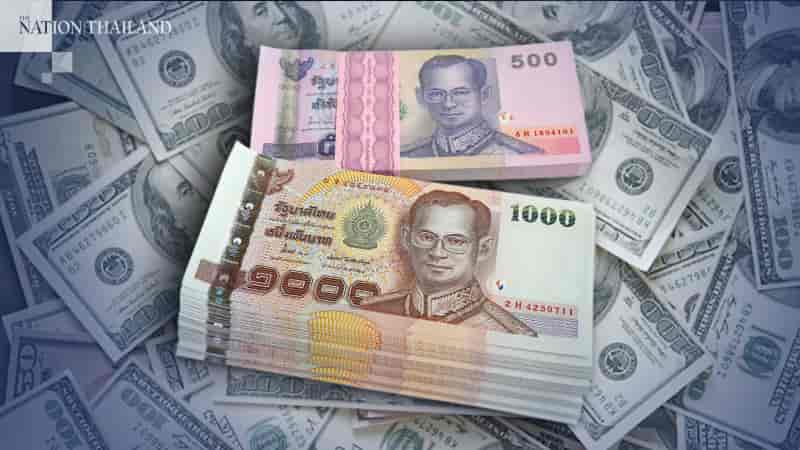UPDATE 1-Thai central bank concerned about baht leap, but no pressing need for QE
LONDON, Nov 24 (Reuters) – Thailand’s central bank governor said on Tuesday the speedy rise of the country’s baht currency was causing concern, but played down the chance of launching unconventional measures such as mass bond purchases any time soon.

Thailand’s economy, Southeast Asia’s second biggest, is forecast to shrink by a record 7.8% this year, but a better-than-feared 6.4% third quarter drop and hopes that COVID-19 vaccines will revitalise tourism in the country has seen the baht jump 3% in recent weeks.
“Our concern was the speed of the adjustment,” Sethaput Suthiwartnarueput said during an emerging market conference organised by the Institute of International Finance.
“It has been largely nothing to do with us” he said, also citing the post-U.S election rally in financial markets. “Our recovery, as I mentioned at the start, is still fragile.”
The main uncertainty lies around tourism which accounts for 12 pct of Thailand’s economy and about 20% of jobs in the country.
Roughly 40 million tourists visited each year before the coronavirus outbreak, but even with the prospect of vaccines next year Sethaput expects lingering uncertainty to keep numbers down to less than a quarter of their normal level.
The Thai central bank left its benchmark interest rate unchanged at an all-time low of 0.50% for a fourth straight meeting last week, having enacted three cuts earlier in the year.
Sethaput said “all reasonable options are on the table with monetary policy” at the moment.
However he played down the prospect of moving into bond buying any time soon, as some other central banks in the region have this year.
“The liquidity in Thailand and the system is still adequate, so the necessity of trying to do unconventional measures like quantitative easing now at this present juncture does not seem so pressing in our context,” he said.
On tourism he added: “In our initial baseline forecasts we had about 8 to 9 million (tourists in 2021) … but even that we feel is probably on the upside, and we are probably not likely to see even that number.”
“That’s a very difficult hit for your economy.” (Reporting by Marc Jones; Editing by Karin Strohecker and Alison Williams)



